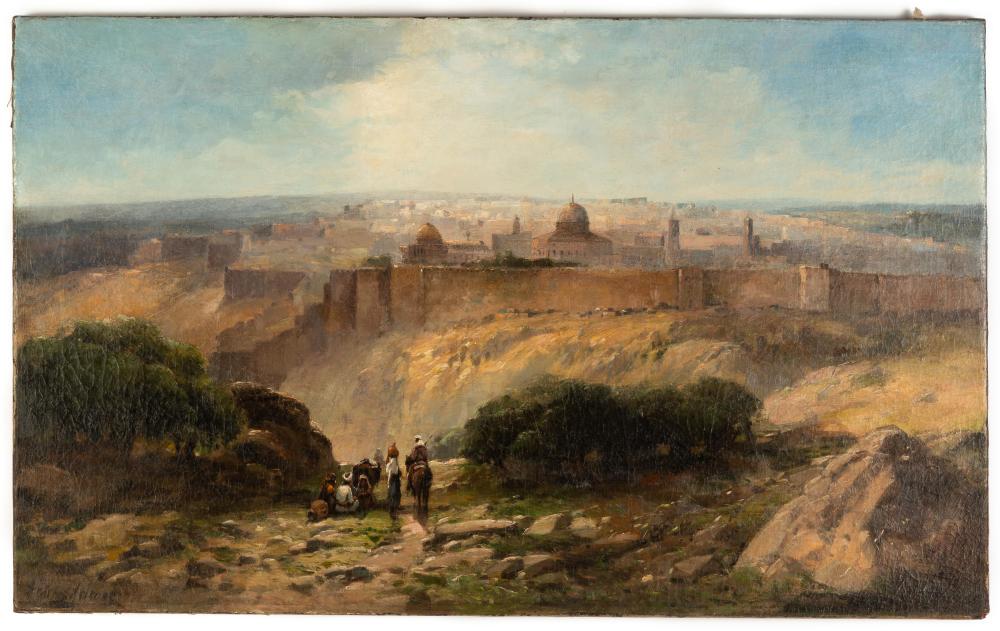Matthew 21:23–Chapter 25
Alas for those that never sing, but die with all their music in them! ~ Oliver Wendell Holmes, The Voiceless, 1858
This quote comes to mind as I read Matthew’s account of all Jesus said and did on this day. It is astonishing.
He returns to Jerusalem, past the now-shriveling fig tree. The disciples ask how? Jesus answers with why. The tree was not cursed because it was barren—but because it was false. Leafy, but fruitless. A vivid lesson, and stark.
Matthew then gives us four-and-a-half long chapters of Jesus’ teaching. When we talk about Jesus being “poured out” for us on the Cross, we might also remember that, on this single day, instruction pours from him in the temple and on the Mount of Olives:
- He teaches the faithful gathered in the temple courtyard with their Passover offerings,
- admonishes and challenges the Pharisees and Sadducees with parable after parable—
- and suspends them on the “horns of a dilemma” in regard to the ministry of John the Baptist,
- then leaves for the Mount of Olives where several of His disciples have serious questions.
Hear the profound urgency in these, his final teachings and prophecies, as he leaves nothing unsaid.
It is impossible for the religious elites to miss his message: The stone which the builders rejected has become the chief cornerstone. And before the end of this day, the chief priests will withdraw to seriously plan his execution.
Before leaving the temple for the last time, he motions for his disciples to come close. Why? A widow (in the Greek, she is described as “a widow who supported herself by her own little labor”) is reaching into her bag to extract two small copper coins. Jesus, drawing their attention to this woman, says:
I tell you the truth, this poor widow has given more than all the others who are making contributions. For they gave a tiny part of their surplus, but she, poor as she is, has given all she had to live on.
I wonder if this scene wasn’t something of a balm to the heart of Jesus—to see such humility and devotion after hours of confrontation with the hard and murderous hearts of the religious elites.
He leaves for the Mount of Olives with a small group of his disciples to answer their questions about his startling prophecies. And he will stand on an overlook and see a beloved city that has exploded out of its ancient walls and spread over the Judean hills—a city on which he gazes at the end of that long day with indescribable grief. O, Jerusalem.
In the next 24 hours, Judas will make his deal with the chief priests.
Lord, I want the burning conviction of your words to sear my own heart and provoke in my life a more disciplined obedience. Pour out the beautiful music of yourself through me.
Image: Jerusalem from the Mount of Olives, 19th c., by Scottish painter, Andrew Melrose

